Ready for anything
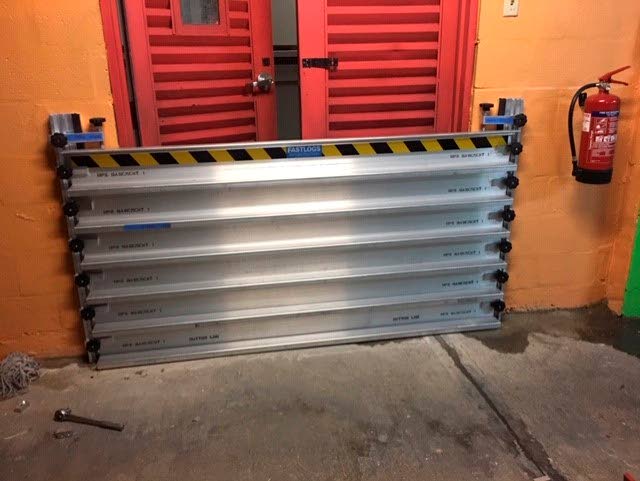
Emergency management, especially for flooding, has become a priority for both citizens and businesses, especially after the Greenvale flooding disaster in 2018. Incidents like these are exactly the reason PODS Emergency Management Consultancy and Solutions came into being. Founded in 2004, PODS has leveraged itself as a trusted partner when it comes to the emergency management eco-system, by providing specialised solutions as well as training.
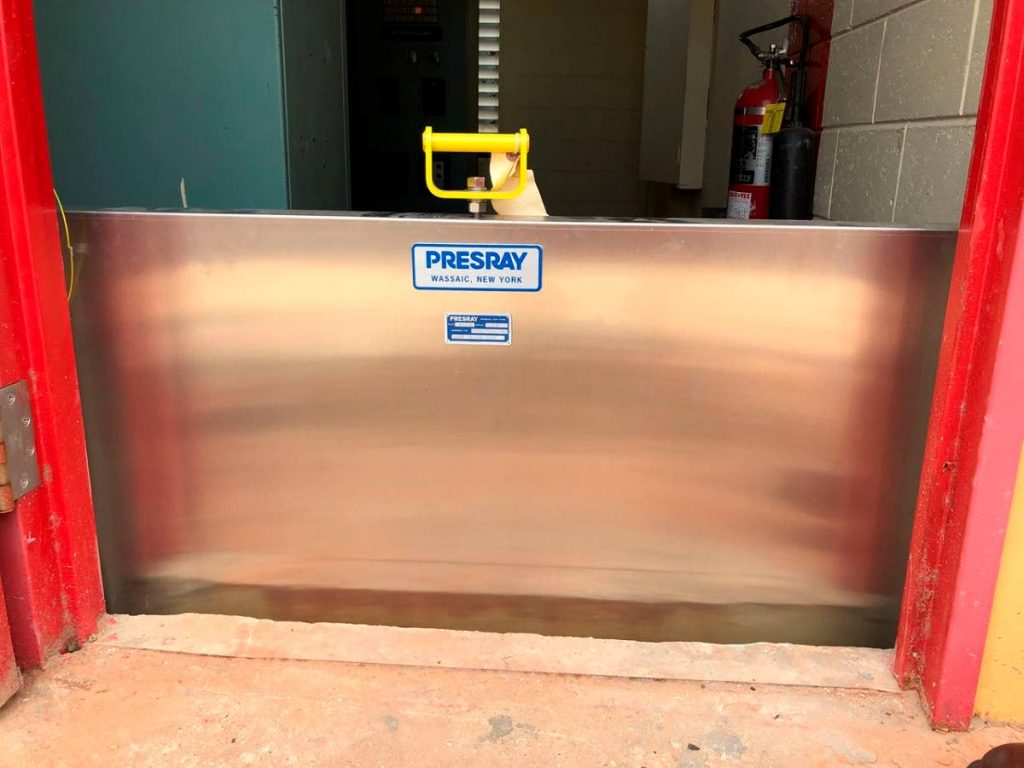 For PODS managing director, Stacey-Ann Pi Osoria, the journey began back in 2005. “Tropical Storm Emily was headed for TT in 2005 and at the very last minute, the prime minister ordered everyone to evacuate Port of Spain. This caused complete chaos and I was stuck in my car on the highway, with no access or communication to my children as there was deadlock traffic and phone lines were jammed. I was in floods of tears,” said Pi Osaria. It is the trauma of this day that made her realise just how unprepared TT was for a natural disaster.
For PODS managing director, Stacey-Ann Pi Osoria, the journey began back in 2005. “Tropical Storm Emily was headed for TT in 2005 and at the very last minute, the prime minister ordered everyone to evacuate Port of Spain. This caused complete chaos and I was stuck in my car on the highway, with no access or communication to my children as there was deadlock traffic and phone lines were jammed. I was in floods of tears,” said Pi Osaria. It is the trauma of this day that made her realise just how unprepared TT was for a natural disaster.
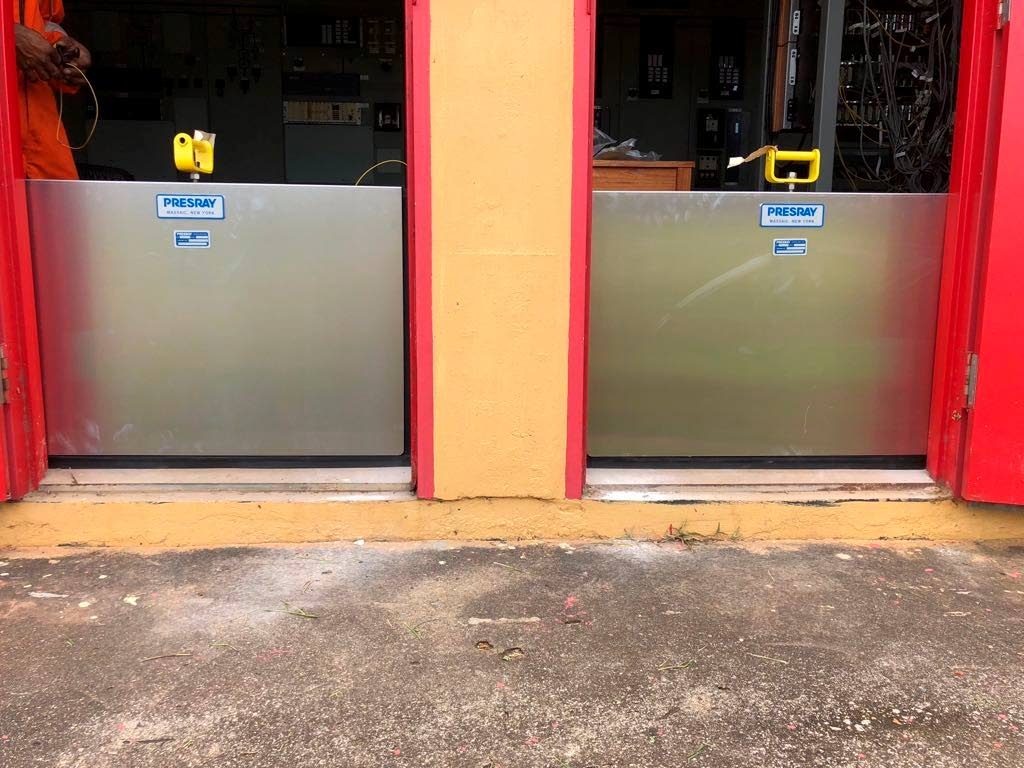 She began doing her research into flood protection and launched her first product with the Tobago Emergency Management Agency (formerly Nema Tobago), namely, the Soak-A-Bag, the first self-inflatable sandless sandbag. “Subsequently, TEMA and I developed a great relationship and I have become one of their main suppliers for specialised emergency management equipment. At the same time, 14 disaster management units were set up under the Ministry of Local Government and as they grew so did I together with them. I began attending all of the international disaster management conferences to gain knowledge and to build my networks.”
She began doing her research into flood protection and launched her first product with the Tobago Emergency Management Agency (formerly Nema Tobago), namely, the Soak-A-Bag, the first self-inflatable sandless sandbag. “Subsequently, TEMA and I developed a great relationship and I have become one of their main suppliers for specialised emergency management equipment. At the same time, 14 disaster management units were set up under the Ministry of Local Government and as they grew so did I together with them. I began attending all of the international disaster management conferences to gain knowledge and to build my networks.”
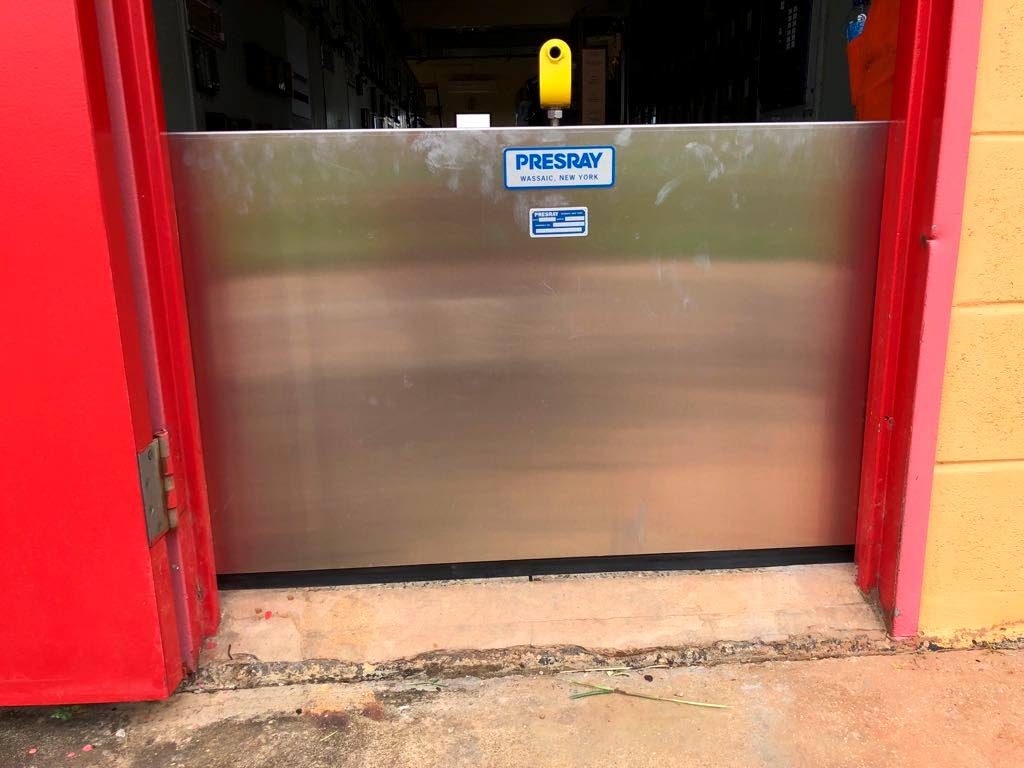 Pi Osario also realised that there was a huge training gap and through the synergy of both local and international expertise, PODS is now the only service provider of FEMA-certified incident command system training since 2008. “Beyond FEMA Certified training, we have been able to provide customised training that meets the needs of the customer. This training is key to the strengthening of our national response system.” PODS recently concluded the delivery of incident command system training with Ministry of Rural Development and Local Government.
Pi Osario also realised that there was a huge training gap and through the synergy of both local and international expertise, PODS is now the only service provider of FEMA-certified incident command system training since 2008. “Beyond FEMA Certified training, we have been able to provide customised training that meets the needs of the customer. This training is key to the strengthening of our national response system.” PODS recently concluded the delivery of incident command system training with Ministry of Rural Development and Local Government.
“We also customised a special finance and administration course, targeted at municipal CEO’s. This on-hands training conducted at ODPM, introduced municipal CEOs to a platform which fulfils the requirement of the Public Procurement and Disposal of Public Property Act, 2015 Act, in providing best practice to engage and manage suppliers and contractors, while tracking cost. It also allows for effective accountability of resources at all jurisdictional levels.”
The full product portfolio for PODS continues to diversify and has expanded beyond flood mitigation to include emergency response and survival kits, portable emergency lighting, mobile shelter systems, tactical uniforms and a vast array of specialised emergency management equipment with the acquisition of distributorship for many recognised global and industry-leading brands.
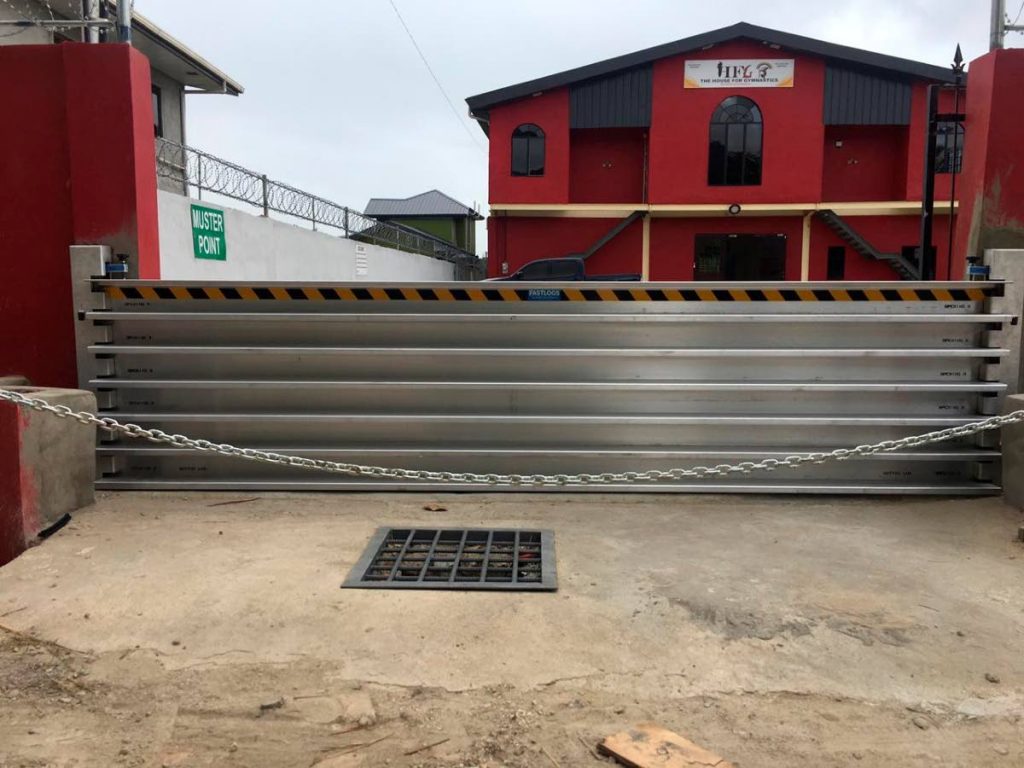 As for whether the citizenry is ready to invest in solutions such as these, Pi Osaria says the business community is responding while citizens in general are only interested in solutions when it is absolutely necessary. “I am seeing more traction in corporate sector in terms of acquiring flood protection and in government sector there is a renewed effort at the local government level to have their staff at the Ministry trained as they set up their Emergency Operations Centre and integrate the Incident Command System which is the US standardised approach to the command, control, and coordination of emergency response providing a common hierarchy within which responders from multiple agencies can be effective.”
As for whether the citizenry is ready to invest in solutions such as these, Pi Osaria says the business community is responding while citizens in general are only interested in solutions when it is absolutely necessary. “I am seeing more traction in corporate sector in terms of acquiring flood protection and in government sector there is a renewed effort at the local government level to have their staff at the Ministry trained as they set up their Emergency Operations Centre and integrate the Incident Command System which is the US standardised approach to the command, control, and coordination of emergency response providing a common hierarchy within which responders from multiple agencies can be effective.”
 For Pi Osaria this is just the start. “We need to get proactive and practical and not only develop emergency plans, but we need to test and exercise them, and then update them and keep them current. Furthermore, the business community, especially SMEs need to look beyond the protection of data as being their only business disruption but also pay attention to other hazards from small to large scale, examine their level of risk and exposure and prepare for them.”
For Pi Osaria this is just the start. “We need to get proactive and practical and not only develop emergency plans, but we need to test and exercise them, and then update them and keep them current. Furthermore, the business community, especially SMEs need to look beyond the protection of data as being their only business disruption but also pay attention to other hazards from small to large scale, examine their level of risk and exposure and prepare for them.”
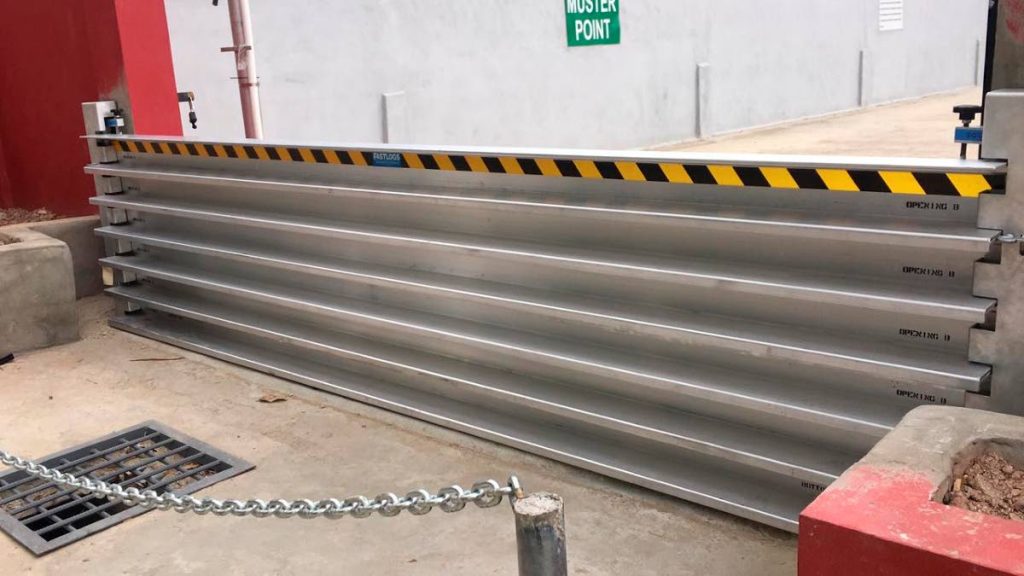

Comments
"Ready for anything"